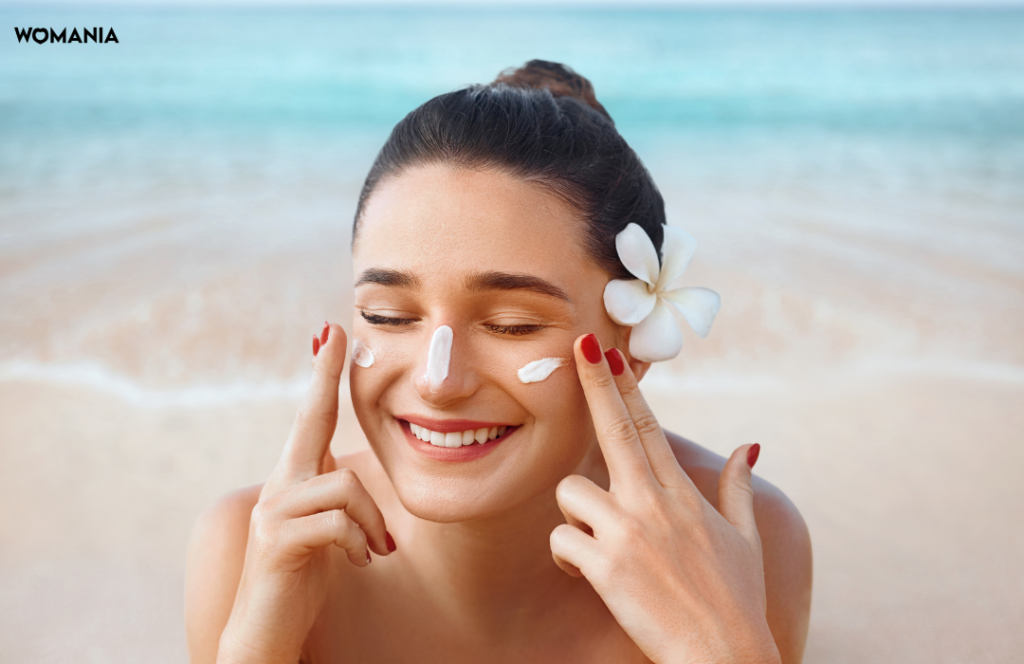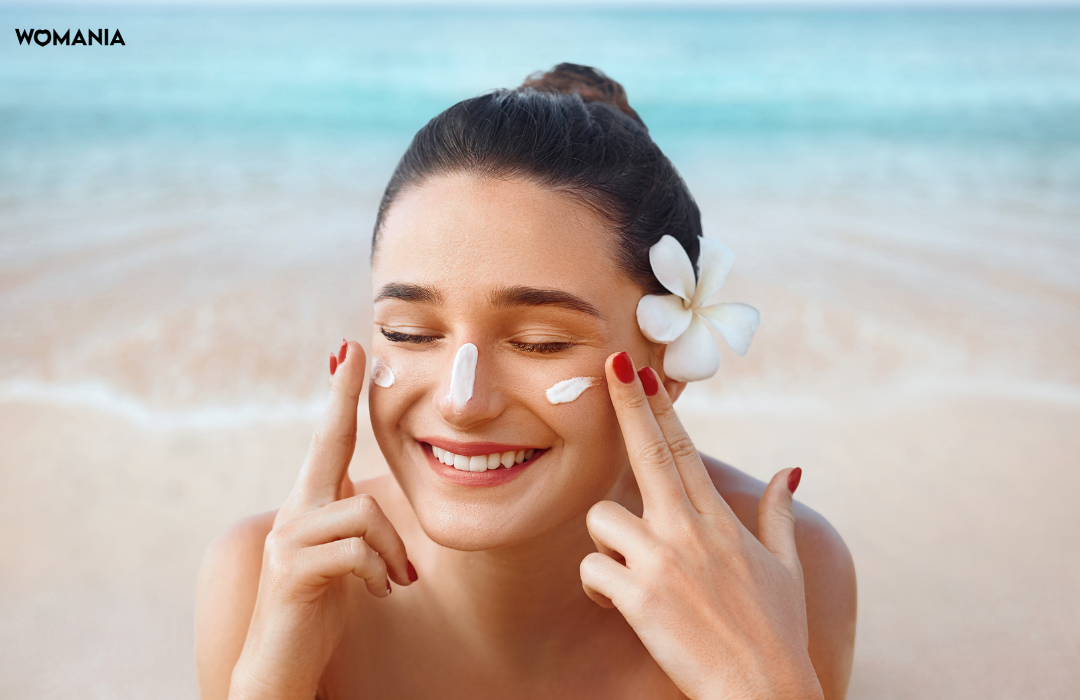While experts and the internet have issued an SOS for sunscreen use, the versatile skincare hero, also known as sunscreen, holds a high ranking in your skincare routine. Sunscreen is a well-known skin protection product, but do you really understand why it is so important? Our skin acts as a natural barrier against harmful ultraviolet (UV) radiation, making it critical to protect ourselves from the detrimental effects of UV rays. Even on cloudy days, our skin is exposed to the sun's rays, which can cause discolouration, premature wrinkles, and other negative impacts such as skin illnesses.

The most effective modification you can make to your daily routine to protect your skin is to apply sunscreen in the morning and reapply throughout the day. Equally important is keeping a close eye on your skin and contacting a Dermatologist as soon as you see any changes or new spots. Here's how sunscreen helps your skin operate and look better.
- Reduce the Risk of Skin Cancer: Applying sunscreen every day, even on cloudy days, is one of the most effective ways to reduce the risk of skin cancer. Overexposure to UV light damages your DNA, resulting in uncontrolled proliferation of skin cells and skin cancer. Applying sunscreen with a minimum SPF of 30 several times per day significantly reduces this danger. For extra protection, choose a higher SPF. When spending long periods of time outside or participating in water activities, reapply sunscreen every two hours.
- Reduce Inflammation: UV radiation can produce uncomfortable redness and inflammation, especially in people with psoriasis or rosacea. Sunscreen is also important if you have sensitive skin because it efficiently reduces inflammation caused by harmful rays. Choose sunscreens with mild chemicals, such as zinc oxide or titanium dioxide. Avoid spray-on sunscreens since they may contain harsh ingredients like alcohol, which can cause skin dryness. Consult your local board-certified dermatologist if you have specific skin concerns or need help selecting products.
- Prevent Skin Discolouration: You may notice that your current spots become deeper and more visible in the sunlight, or that new ones emerge. That's because UV rays accelerate the manufacture of melanin, the pigment that gives your skin its brown colour. Dealing with discoloured patches or sun spots may be a time-consuming chore, made more difficult when they emerge later in life. Your sunscreen helps to control these brown areas and blotches while also providing you with radiant, healthy skin.
- Prevent Sunburn: While basking in the sun is relaxing, the aftermath of a sunburn is anything but. Dermatologists universally emphasise the significance of sun protection to prevent sunburn. Prolonged sun exposure without sunscreen can cause sunburn, and repeated sunburns not only destroy your skin's barrier but also rapidly increase the creation of melanocytes, increasing the risk of skin cancer. If you have severe sunburn with blisters, see a dermatologist, who may assess the severity of the burn and offer items to relieve discomfort and reduce scarring. Early intervention, such as the use of oral or topical medicines, can help to reduce the effects of sunburn.



